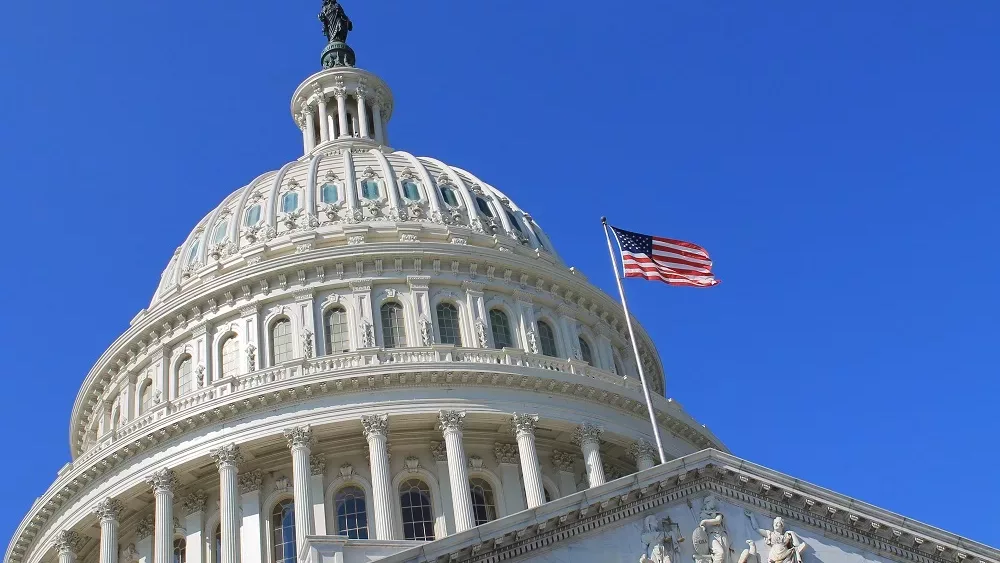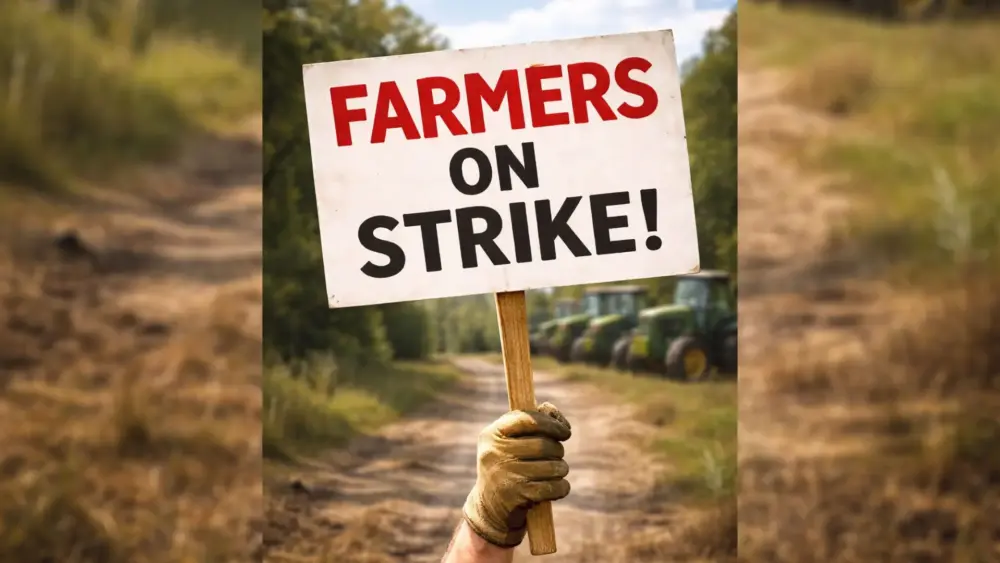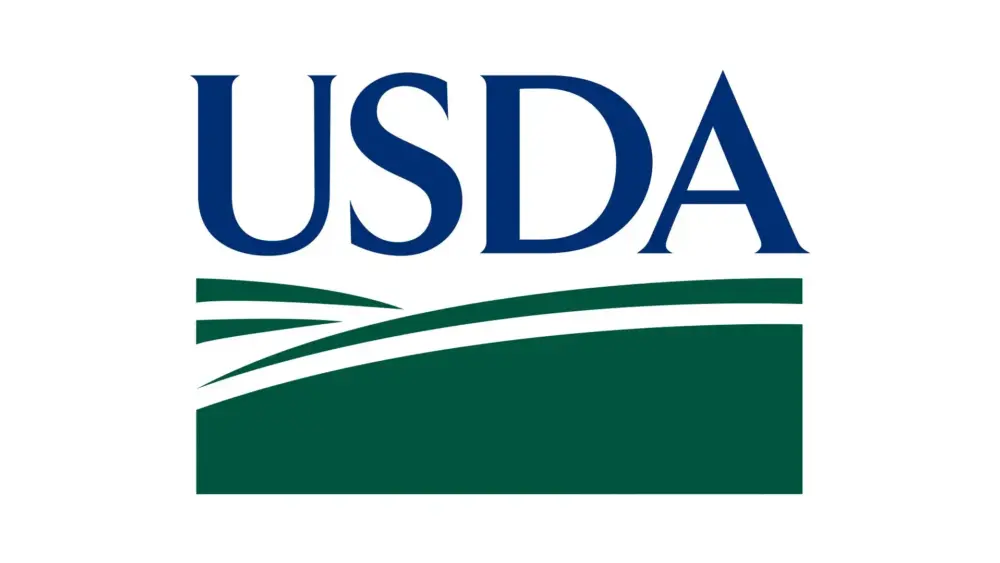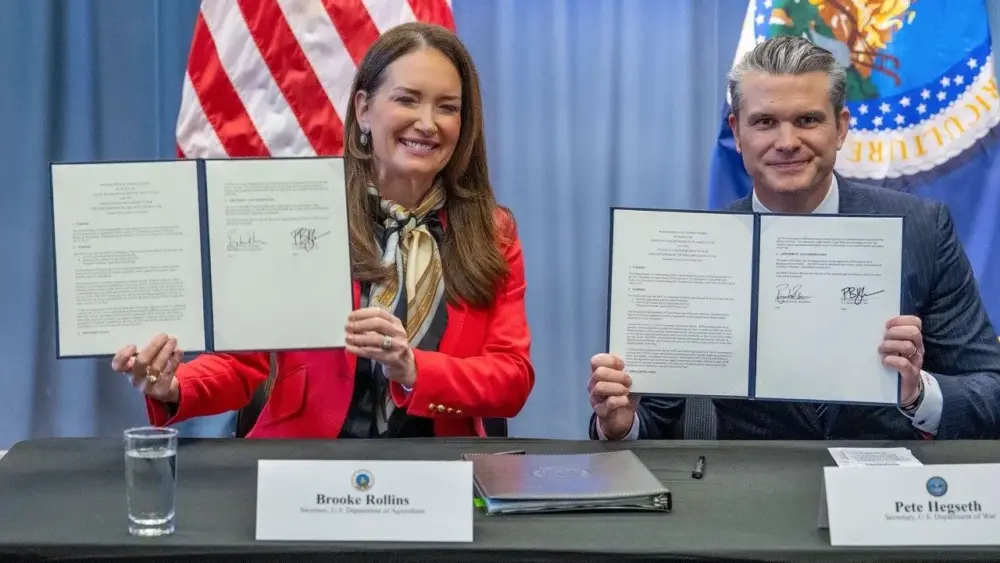The Senate reconciliation budget, including farm safety net improvements, is up this week as Republicans try to pass and return to the House the President’s core tax bill by July Fourth. It’s crunch time for the Senate, taking up its version of the House-passed reconciliation budget, including improved reference prices, crop insurance coverage, and business tax breaks.
“We lowered tax rates for owners of small and medium-sized businesses, farms, and ranches and made it easier for them to recover the cost of investing in their businesses,” says Majority Leader John Thune (R-SD). “Which in turn, freed up cash for them to invest in their operations and their workers.”
Thune pointed to a couple, including the pass-through deduction many producers take on their individual returns.
“The Section 199a small business tax deduction and full expensing for new capital investment in domestic research and development. Our legislation will permanently extend these key provisions.”
It does the same for the immediate expensing of farm and other equipment, plus a doubling of the estate tax exemption and survival of the 45Z biofuels credit. However, the Senate would scale back SNAP by some $80 billion.
Senate Minority Leader Chuck Schumer (D-NY) says the bill, based on non-partisan scoring, still costs more than it generates in economic growth.
“Even after you take into account any impact, any economic impacts, the so-called dynamic scoring, created by the Republican bill, is still a ‘loser’ for middle- and working-class families. Only the wealthy gain.”
But Thune argues another independent review shows the bill produces more revenue than it costs, with lower tax rates and higher wages for all incomes, but the opposite if current law isn’t extended. And for farmers, it means a modernized safety net and greater tax certainty.
Source: NAFB News Service






